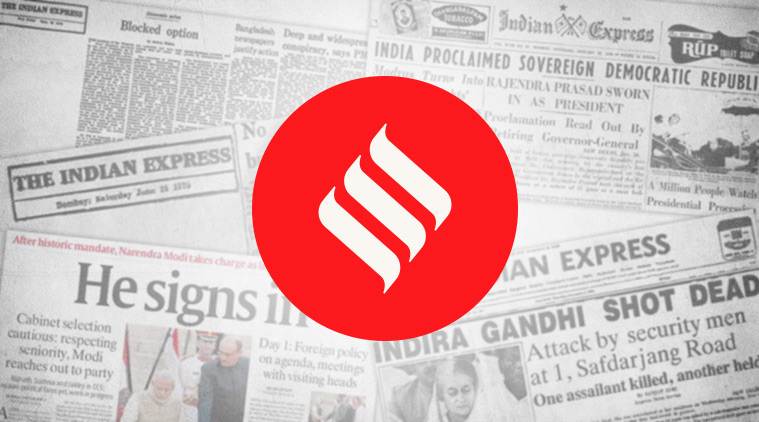
The woes of non-banking finance companies and housing finance companies continue to reverberate through the financial system. A few days ago, Dewan Housing Finance Corporation defaulted on its interest obligations. Its short-term rating has been cut to default. Financial conditions have worsened with spreads of NBFC bonds rising significantly in the recent past. At one level, the argument can be made that lenders are re-evaluating their risk. That the market is discriminating between the better-rated NBFCs and those whose balance sheets appear problematic. And, that an intervention at this stage will create problems of moral hazard. But, there is genuine concern that the DHFL default can “accentuate contagion risk in the financial sector”, as noted by the investment house CLSA in a note. This needs to be addressed.
A possible solution is for the RBI to open a special borrowing window to provide liquidity to NBFCs/HFCs. As was done during the financial crisis of 2008, the central bank, under sections 17 and 18 of the RBI act, can provide short term liquidity to NBFCs, till financial conditions normalise. But, the RBI doesn’t seem inclined towards this route, presumably because it will be difficult to differentiate between NBFCs. It could also nudge banks to increase their lending to NBFCs. To this effect, it has already eased norms for maintaining risk weights on bank lending to NBFCs. Further easing of systemic liquidity could boost flows to NBFCs. The question is will risk-averse banks lend? Part of the problem is that the difficulty in differentiating between illiquid NBFCs from those that are insolvent. To address this, some have advocated for an asset quality review to reveal the true state of NBFCs’ books. While this will address issues of information asymmetry, such a move may end up prolonging the crisis. Perhaps, the RBI could identify systemically important NBFCs and backstop them through banks.
But the larger issue of resolution of financial firms remains. Situations such as the current one warrant swift resolution so that problems remain contained. Perhaps, the newly formed cabinet committee on investment and growth could contemplate bringing back the FRDI bill, with modifications to address contentious issues like the bail-in clause and deposit insurance.